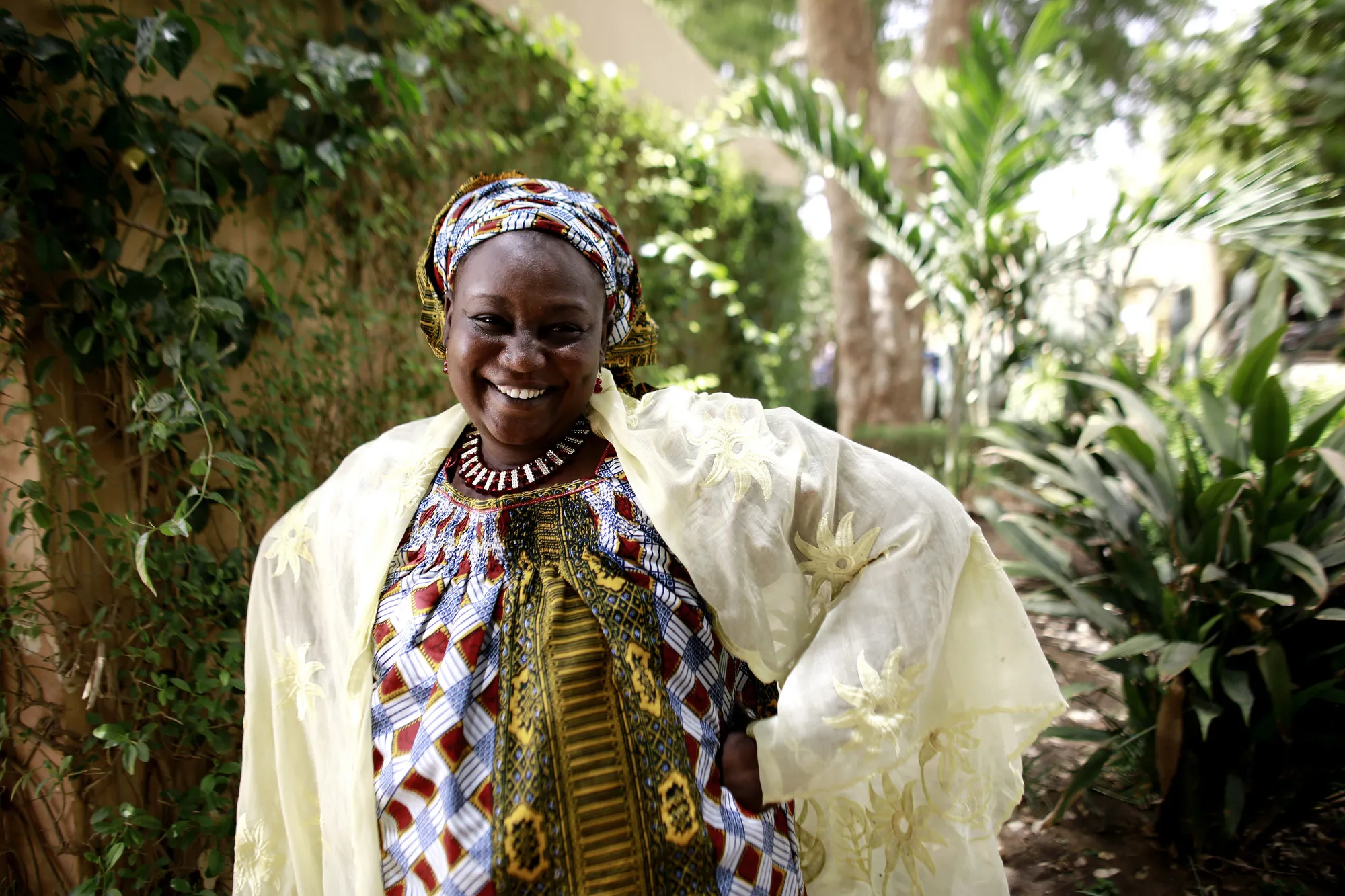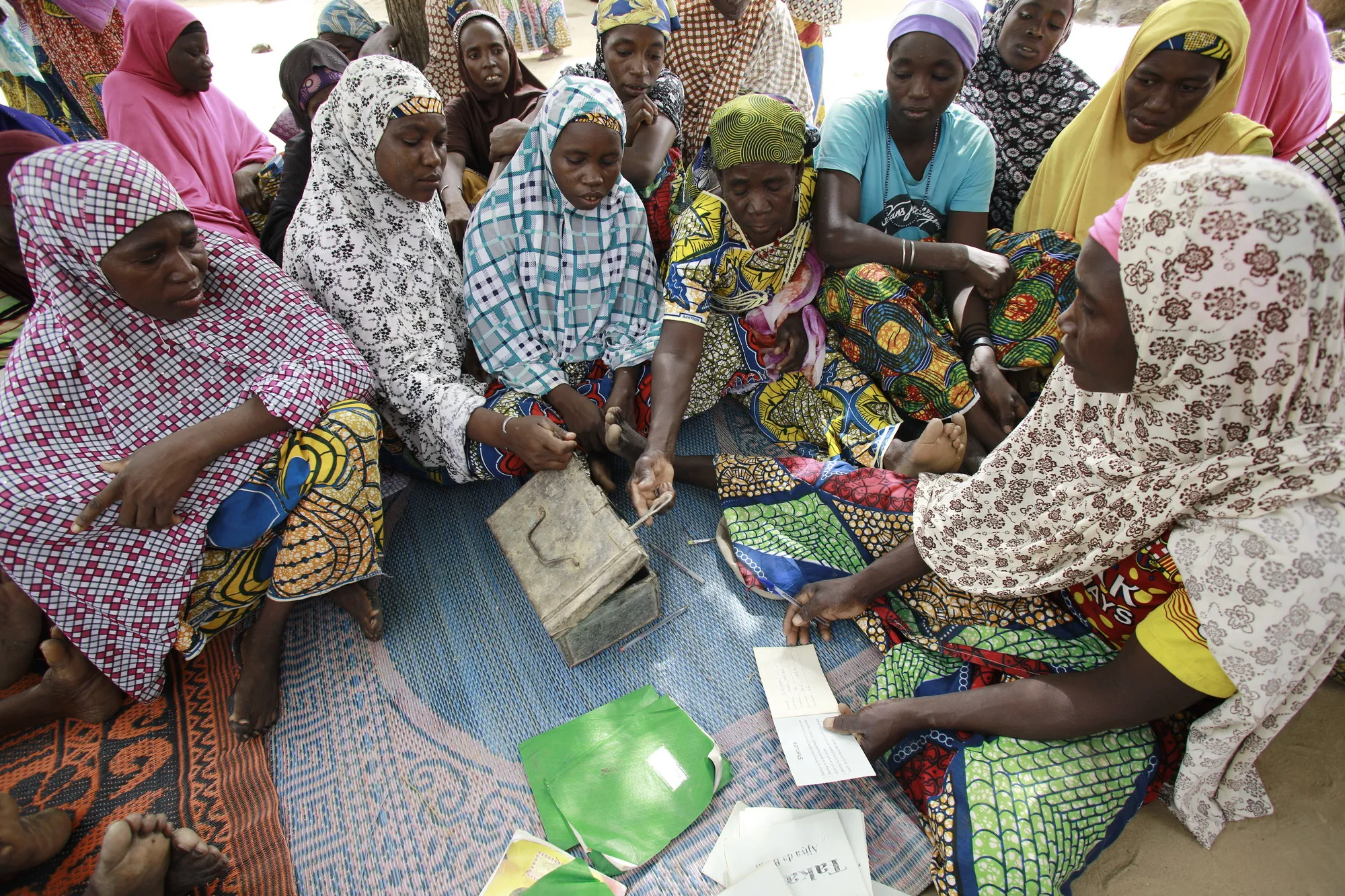When Salamatou Dagnogo was penniless and hundreds of miles away from her five children, she knew she had to think on her feet if she wanted to be reunited with them.
Salamatou was stranded in Niger after her abusive husband put her on a bus, knowing she would not have enough money to return to Côte d’Ivoire.
In Niger, she joined a Village Savings and Loan Association (VSLA), a co-op that allows women to be their own bankers. Founded by CARE in 1991, VSLAs are groups of approximately 20 women who each save a little bit of money every day. Over time, the women use the group savings to give small loans to each other so they can invest in businesses, agriculture, or their children’s educations. This allows the women to earn a profit, so they can repay the loan with interest. After a year, the group members share the money, returning every woman’s initial investment, plus interest.


